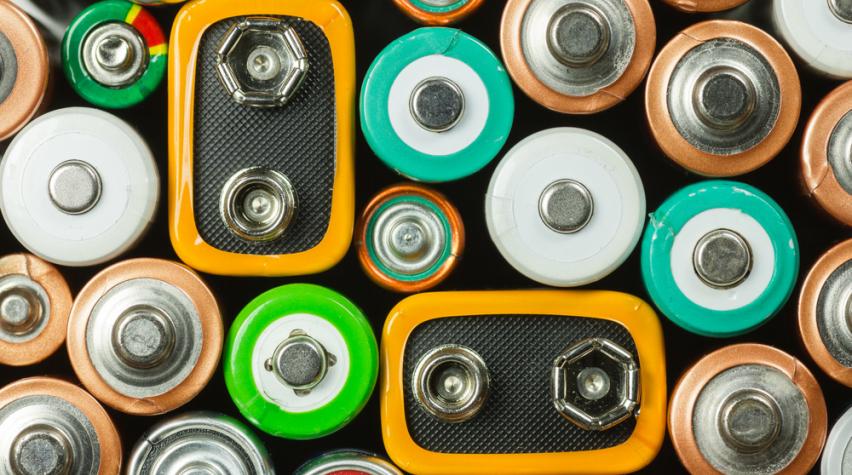
In the Department of Chemical and Biomolecular Engineering at the University of Tennessee, a group of researchers is making important strides to improve battery safety and performance.
The group, which is devoted to the study of soft materials — such as liquids, polymers, and foams — is developing a new electrolyte that reduces the amount of heat batteries produce, thus reducing the likelihood of unwanted chemical reactions in batteries. These undesirable reactions can cause fires that damage equipment, including everyday devices such as cell phones and laptops, or industrial equipment such as airplanes.
Faculty member Joshua Sangoro, who heads the group, explains that the group is “developing ionic liquid systems to take the place of traditional electrolytes in batteries. Not only are they nonflammable, but they are also much more stable in wide temperature ranges, and they have very low vapor pressure.”
One of the advances the group has made already includes greater battery adaptability. The researchers have successfully molded substances into ultra thin films, making power sources more flexible.
The group’s work has been recognized by the National Science Foundation, which has awarded them a grant of $348,000 for continued work in the area.
You can learn more about the Soft Materials Research Team here and see the researchers' press release here.


